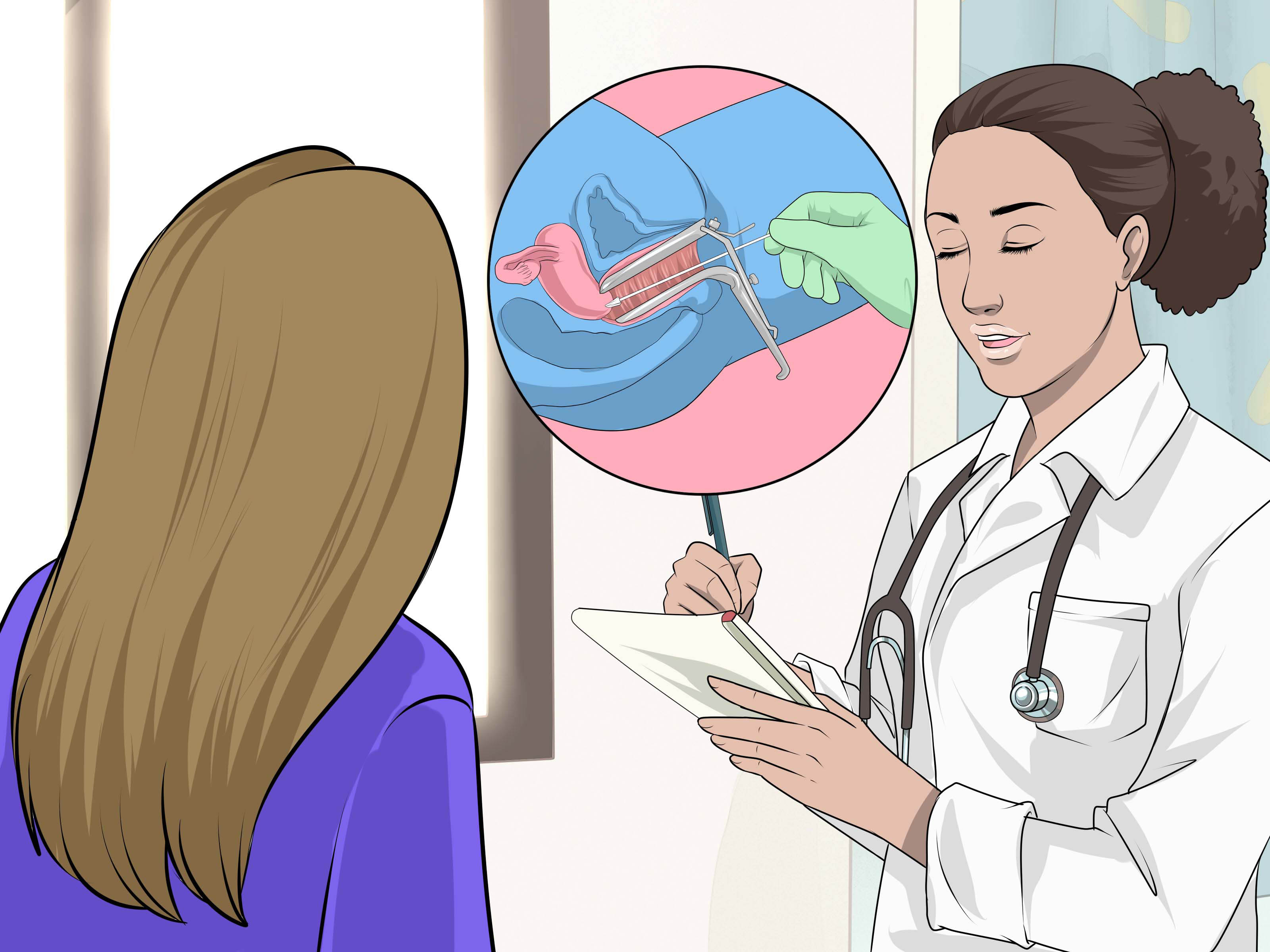Pap Smear FAQs
Did you know that cervical cancer is one of the most preventable types of cancer — yet it still affects thousands of women every year? The good news? There's a simple way to protect yourself: the Pap Smear.
This quick test might not be anyone's idea of fun, but it can truly save lives. Many women put it off—sometimes out of fear, confusion, or just not knowing when or why it’s needed.
If you’re unsure about what a Pap smear means, when to get one, or what your results even mean, you’re not alone. This guide answers your questions in a clear, honest, and easy-to-understand way—so you can feel confident and in control of your health.
1. What is a Pap Smear, and why is it important?
A Pap smear is a quick test that checks for abnormal cells on your cervix (the lower part of the uterus). Catching these changes early can prevent cervical cancer before it starts. Since cervical cancer develops slowly, regular Pap tests give doctors the chance to treat problems early. Prevention truly begins with awareness!
2. When should you start getting a Pap Smear?
Start Pap testing at age 21, whether you’re sexually active or not. Routine screening is usually recommended until your mid-60s.
Your 20s aren’t just for skincare routines — your cervix deserves care too!
3. How often should you get a Pap Smear?
From ages 21–29, if your results are normal, you typically need a Pap smear every 3 years. At age 30, you can choose to keep doing Pap tests every 3 years, or switch to a Pap + HPV test every 5 years.
Consistency is key for cervical health!
4. Is a Pap Smear painful or uncomfortable?
Most women feel mild pressure or slight discomfort — it’s more awkward than painful, and it only takes a few minutes.
Mild discomfort now = peace of mind later!
5. Do I need a Pap Smear if I’m not sexually active?
Yes. Anyone with a cervix should get screened, because abnormal cell changes aren’t limited to those who’ve had sex.
Bust the myth — sexual inactivity doesn’t mean risk-free!
6. How to prepare for a Pap Smear?
For the best results: avoid sex, tampons, or vaginal medicines 48 hours before your test. Also, try to avoid scheduling during your period.
A calm, clear cervix = clearer results!
7. What happens during the Pap Smear?
Your doctor uses a small brush or spatula to gently collect cells from your cervix. The process is quick and usually painless.
A tiny step for you, a giant leap for your health.
8. What do Pap Smear results mean?
- Normal: No abnormal cells; continue routine screening.
- Abnormal: This doesn’t mean cancer. Your doctor might recommend repeat testing or further checks.
Abnormal doesn’t mean alarming — it means follow-up!
9. Can I take a Pap Smear during my period?
It’s better to wait until your period is over. Blood can affect the accuracy of results.
Better timing = clearer answers!
10. What happens if my Pap Smear result is abnormal?
Your doctor may suggest another Pap test, an HPV test, or a closer look with a procedure called a colposcopy. Most abnormal results just mean extra caution — not cancer.
Stay informed, not afraid!
11. Are there any risks or side effects?
Very few. Some women might have slight spotting or mild cramping afterward, but serious risks are rare.
No pain, all gain!
12. Pap Smear vs HPV test — what’s the difference?
A Pap smear checks for abnormal cervical cells, while an HPV test detects the virus that can cause those cell changes. Many women get both together for extra protection.
Two tests, double protection.
Conclusion
Your health isn’t a luxury — it’s your right. A Pap smear isn’t just another appointment; it’s an act of self-care and a step to protect your future. Cervical cancer can be prevented, and it starts with a simple test that takes only minutes but can save your life.
Talk to your gynecologist, book your Pap smear, ask questions, and stay informed. Because the more you know, the more you can protect yourself!
